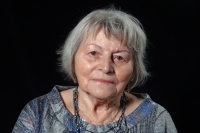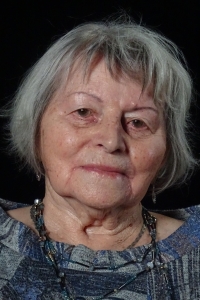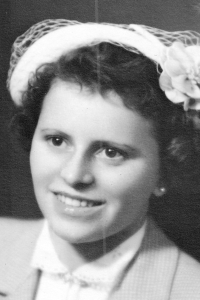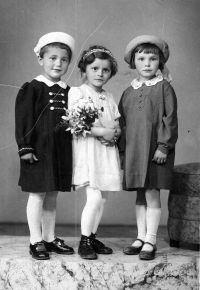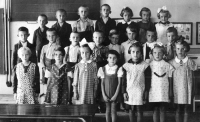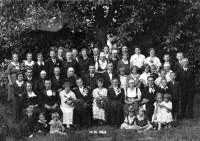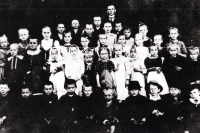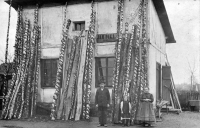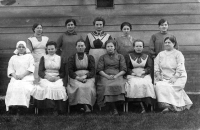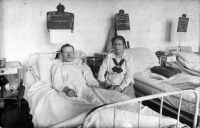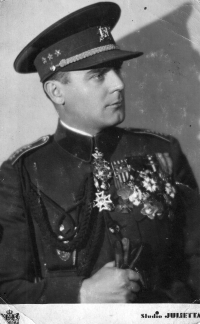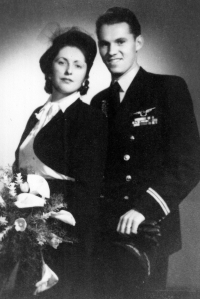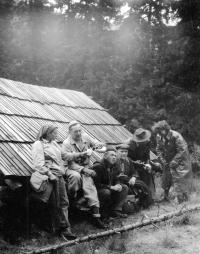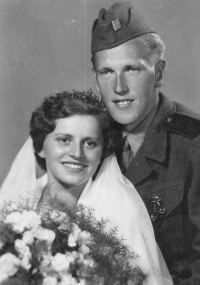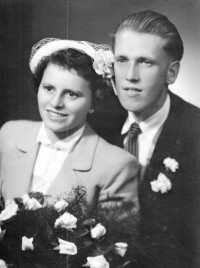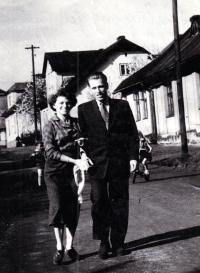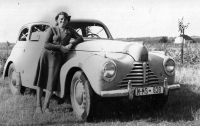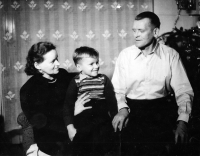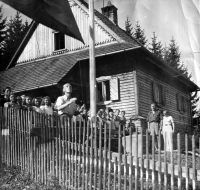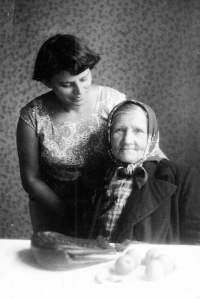She married into the family of the executed general Píka, and it opened her eyes

Download image
Vlasta Ručková, neé Doleželová, was born on 26 December 1932 in the former town of Frýdek. She grew up in a poor family near a textile factory. She experienced the German occupation of Frýdek-Místek and the liberation by the Red Army in May 1945. She married into the family of the executed general Heliodor Píka. Her paternal uncle was a former RAF pilot Vít Angetter, who organised the hijacking of three aeroplanes to Munich with his colleagues from the airline in 1950. She apprenticed as a seamstress. She worked as a professional driver and arranger. Since she disagreed with the arrival of Warsaw Pact troops in August 1968, she was expelled from the Communist Party. Her daughters were not allowed to study. After the downfall of the communist regime, she took an interest in the rehabilitation of Heliodor Píka and began attending meetings in his honour. In 2023, she lived in Ostrava.
